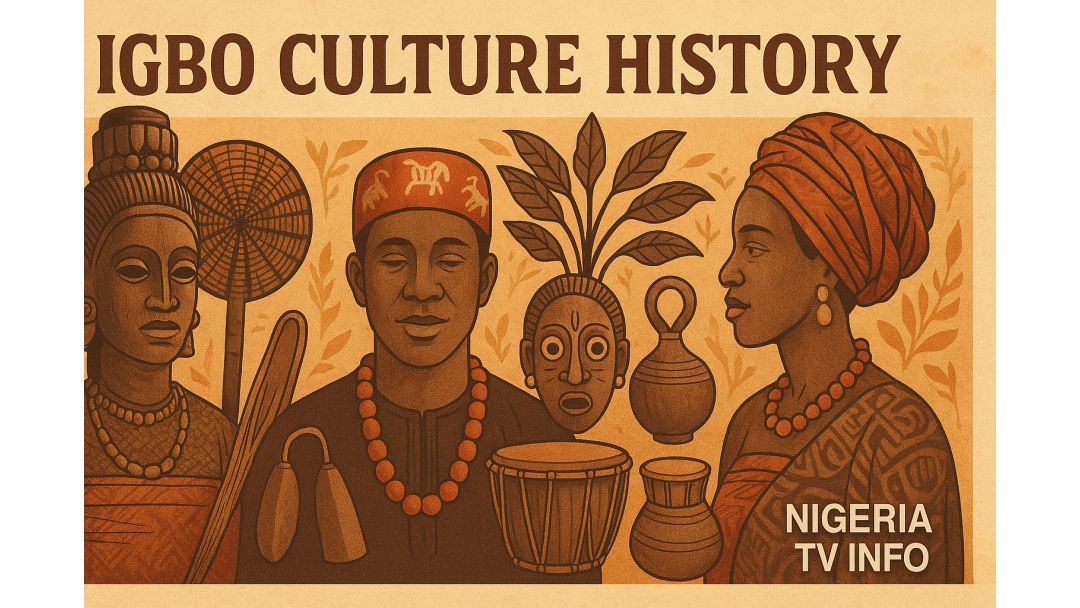The Igbo people, primarily located in southeastern Nigeria, are one of the country’s largest ethnic groups, known for their rich cultural heritage rooted in spirituality, community, and history.
Origins trace back thousands of years, with the Nri Kingdom (10th century AD) being their earliest known political structure. Discoveries at Igbo-Ukwu reveal early advanced craftsmanship.
In pre-colonial times, the Igbo had a decentralized society governed by elders and age grades, with deep-rooted traditional religion centered on Chukwu, Ala, and ancestral worship.
Under British colonial rule, the introduction of warrant chiefs clashed with traditional governance, leading to uprisings like the Aba Women’s Riot of 1929.
Post-independence, political tensions led to the Biafran secession (1967–1970) and civil war. Despite this, the Igbo have shown resilience and growth.
Modern Igbo culture blends Christianity with traditional values, featuring unique attire, vibrant festivals (e.g., New Yam Festival), music, and language.
The Igbo emphasize education, entrepreneurship, and community development, with strong cultural preservation efforts through literature, arts, and global diaspora networks.


Comments